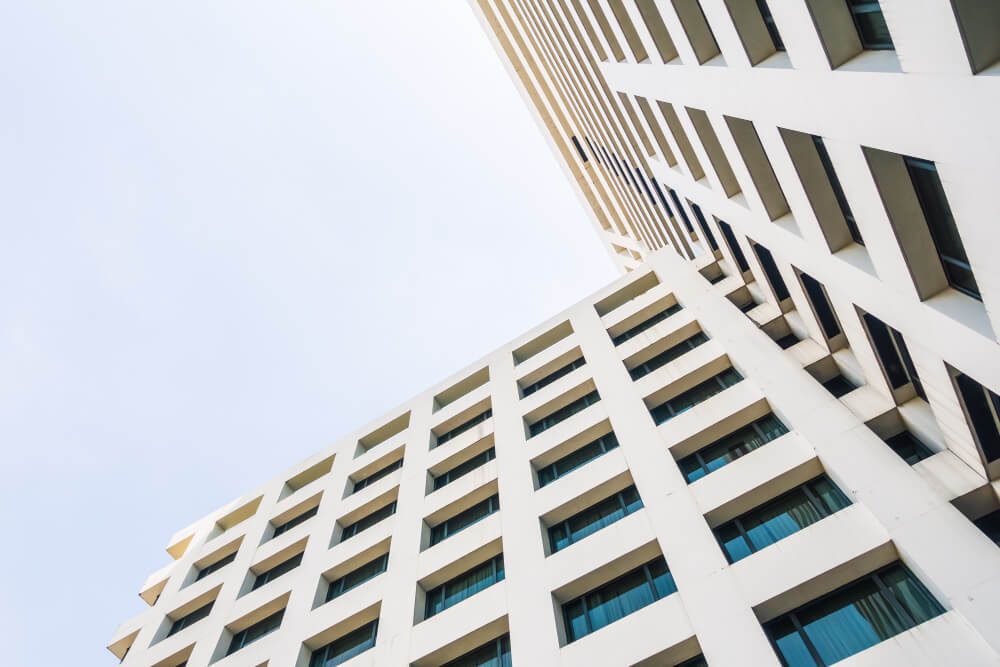In business actual property, CAM charges, or Widespread Space Upkeep charges, are a part of the working bills that tenants pay. These charges embody triple web leases, by which the tenant pays the bottom hire and a portion of the working bills, equivalent to CAM bills. CAM bills allowance charges are calculated primarily based on the tenant’s proportionate share of the leasable sq. footage of the property. Landlords typically embody CAM fees in leases for workplace buildings and different sorts of business property to cowl upkeep of frequent areas like parking heaps, lobbies, and landscaping.
What does CAM stand for in actual property?
CAM stands for Widespread Space Upkeep in actual property. It refers back to the prices related to sustaining and working frequent areas inside a business property that a number of tenants share. These prices can embody bills like landscaping, cleansing, repairs, utilities for shared areas, property taxes, and insurance coverage. CAM fees are usually included in business lease agreements and are handed on to tenants as a part of their share of sustaining the frequent areas of the property.
CAM as a business time period?
In business actual property, CAM (Widespread Space Upkeep) is a time period that refers back to the bills related to sustaining and working frequent areas inside a business property. A number of tenants share these frequent areas and might embody areas like lobbies, hallways, elevators, parking heaps, and out of doors landscaping. CAM fees cowl numerous prices equivalent to cleansing, landscaping, repairs, utilities for shared areas, property taxes, insurance coverage, and administration charges associated to those frequent areas.
CAM fees are normally included in a business lease. They’re handed on to tenants primarily based on their proportionate share of the overall leasable house within the property. The small print of how CAM bills are calculated and allotted might differ relying on the phrases of the lease. These phrases are negotiated between the landlord and tenant.
These bills are an essential consideration for tenants. Particularly when evaluating the overall price of occupying business house, they will considerably have an effect on the general price of the lease.
Widespread bills included in CAM charges cowl a spread of upkeep and working prices related to shared business actual property areas. These bills usually cowl companies equivalent to cleansing, repairs, landscaping, snow elimination, safety, utilities for frequent areas, property taxes, insurance coverage, and administration charges. Landlords and homeowners ought to precisely calculate CAM. On this manner, they will guarantee an equitable distribution amongst tenants and canopy the prices obligatory to keep up the frequent areas of the property.
How do you calculate CAM?

Calculating CAM (Widespread Space Upkeep) fees includes a number of steps and issues. Right here’s a normal overview of how CAM fees are usually calculated in business actual property:
Establish frequent space bills
Begin by itemizing all of the bills related to sustaining and working the frequent areas of the business property. This may embody prices equivalent to landscaping, cleansing, repairs, utilities for shared areas, property taxes, insurance coverage, safety, and administration charges associated to frequent areas.
Decide whole CAM bills
Add up all of the frequent space bills to calculate the overall CAM bills for the property over a selected interval, equivalent to a yr.
Calculate the tenant’s proportionate share
Decide every tenant’s proportionate share of the overall CAM bills. That is normally primarily based on the tenant’s leased sq. footage in comparison with the overall leasable sq. footage of the property. For instance, if a tenant leases 1,000 sq. toes in a constructing with a complete leasable space of 10,000 sq. toes, their proportionate share can be 10% (1,000 sq ft / 10,000 sq ft).
CAM fee calculation
Divide the tenant’s proportionate share by the overall leasable sq. footage to calculate their CAM fee. This fee represents the share of CAM bills that the tenant is answerable for.
CAM cost calculation
Multiply the tenant’s CAM fee by the overall CAM bills to find out the tenant’s CAM fees for the particular interval (e.g., month-to-month, quarterly, or yearly).
What’s CAM in a business lease?
CAM (Widespread Space Upkeep) in a business lease refers back to the provision that outlines how the prices of sustaining and working frequent areas inside a business property might be shared between the owner and tenants. Widespread areas embody areas like lobbies, hallways, elevators, parking heaps, landscaping, and different shared services or facilities.
The kind of lease, whether or not it’s a gross lease or a triple web lease, determines how CAM charges are dealt with. In a gross lease, the owner might need to embody CAM bills within the base hire. This simplifies the fee construction for tenants. Nonetheless, in a triple web lease, CAM bills are billed individually and the tenant pays its share of the CAM bills on to the owner or property supervisor. These bills might differ relying on elements equivalent to the dimensions and sq. footage of the property. Additionally, the extent of upkeep required for the frequent areas modifications.
For tenants, understanding CAM charges and the way they’re calculated is essential for budgeting and evaluating lease agreements. It’s important to fastidiously evaluation the CAM clause within the lease. Additionally, make clear any questions on what’s included within the CAM fees. Equally, landlords ought to talk transparently with tenants concerning CAM bills. As well as, they need to present detailed breakdowns of prices and tackle any disputes or discrepancies promptly. Lastly, preserve optimistic relationships and guarantee contract compliance.
Backside line
Lastly, CAM fees are an integral facet of economic actual property leases, impacting landlords and tenants. Understanding how CAM fees are calculated, what they cowl, and the way CAM clauses are structured in leases is essential. This makes for knowledgeable decision-making and avoids potential disputes. By dealing with CAM clauses successfully, each events can guarantee a good and clear settlement. That can in the end profit everybody concerned within the business leasing course of.
